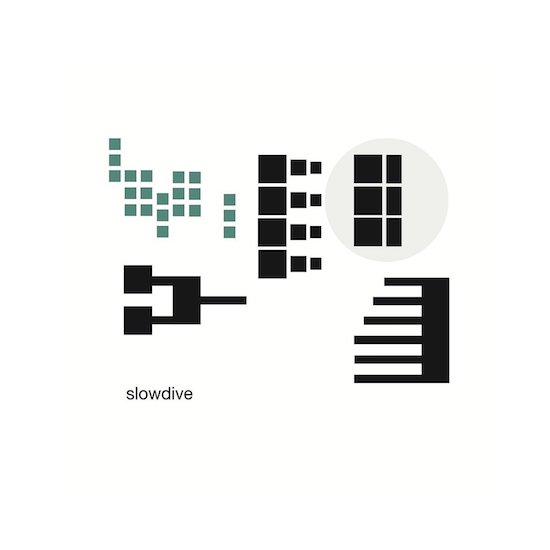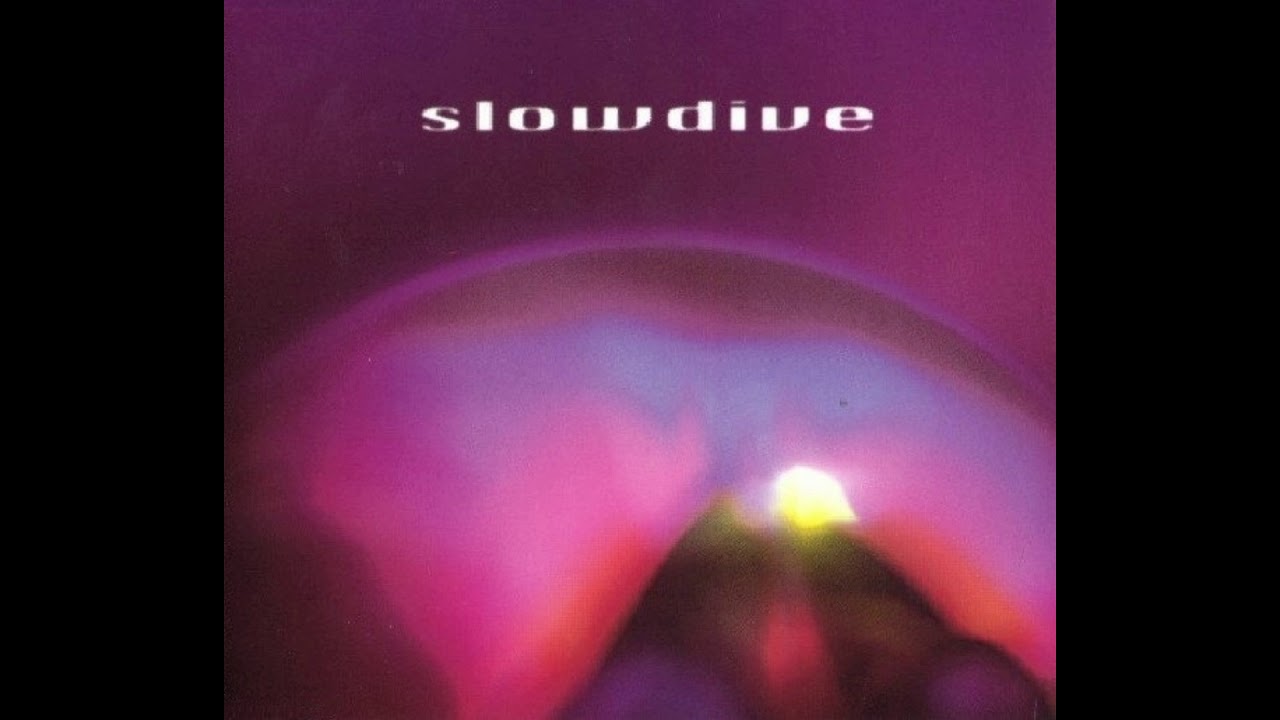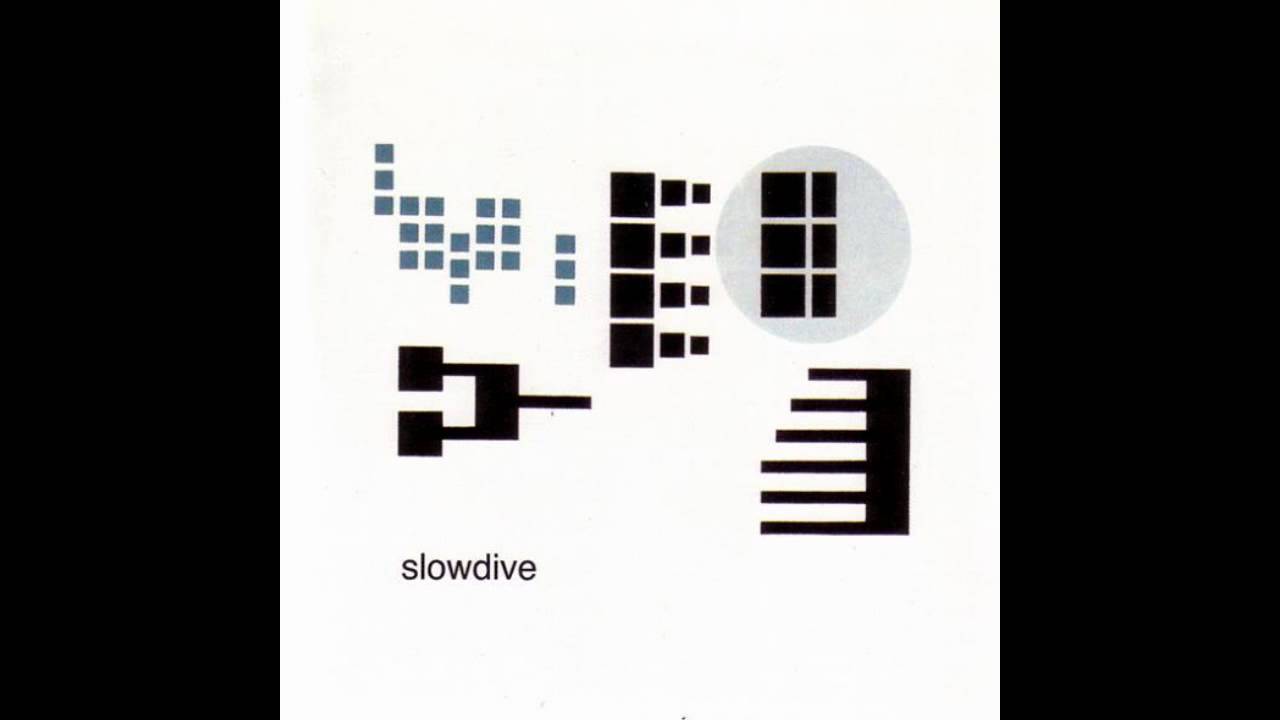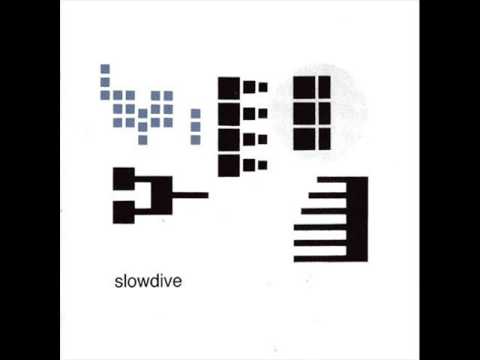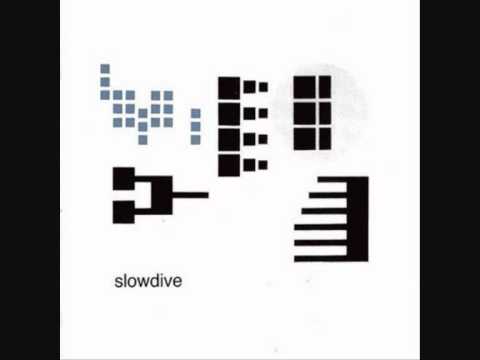By February 1995, when their third album Pygmalion crept out to absolutely zero fanfare, Slowdive were already a ghost of a band. Briefly hailed at the start of the 90s as the most blissful/ ravishing/ awe-inspiring example yet of the post-MBV sound that derisively became known as ‘shoegaze’, their star had long since dimmed.
As grunge and then Britpop dominated the music press and defined the increasingly corporate ‘indie’ scene, Slowdive were marked for death as the epitome of Home Counties, middle class, namby-pamby aural wallpaper, with Richey Manic professing to “hate Slowdive more than Hitler.” Cool Britannia was getting ready to swing, and Slowdive were most definitely not invited.
There’s a pretty heavy irony of course that it was their own label, Creation, which had done much to create this toxic environment for the band. They may have fired the shoegaze starting gun with MBV’s epochal Isn’t Anything, and Ride’s Nowhere had given Creation their first top 20 album – but Alan McGee was forever keen to break out of the indie ghetto.
Acts such as Primal Scream and Sugar nudged them closer to the mainstream, but it was the signing of Oasis in 1993 that changed everything. From being a label that had nurtured all manner of artful, and often rather fey, talent in its early days, Creation became the cheerleader for a nostalgic brand of brash, unit-shifting guitar pop that had little truck with notions of subtlety or experimentation.
McGee had evidently soon tired of Slowdive – the fact they were regularly ridiculed in the press can’t have endeared them to a man constantly chasing the next big, or at the very least, cool thing. It wasn’t as if Slowdive had just been treading water – 1993’s Souvlaki had stronger songs than their Just For A Day debut and featured a collaboration with Brian Eno. And as has been pointed out previously on this site, Slowdive were one of the first guitar bands to successfully integrate ambient techno into their sound on the 5EP. But Creation’s red-rimmed eyes were now focused exclusively on the charts, and McGee told Slowdive that their next LP had to be much more pop…
Pygmalion is most definitely not a pop record. Creation sat on the album for almost a year before putting it out, then dropped the band a week after its release. Given the UK’s general antipathy towards them, it’s perhaps not a surprise that Slowdive ceased to exist soon after.
So what kind of record is Pygmalion, and why are we talking about it 25 years on? It’s clear that the 5EP, with its electronica underpinning, had a big impact on Slowdive’s way of working. But instead of pursuing a chilled techno sound, they went in the opposite direction, stripping back their wall of noise to reveal its shimmering, ghostly outline underneath. In doing so, they created a minimalist post rock masterpiece that may have struggled to be heard in 1995 – blotted out by both the brouhaha of Britpop and the baggage of their own reputation – but sounds today like a visionary blueprint for generations of bands to come.
Ten-minute opening track ‘Rutti’ acts as a mission statement for the whole album. It starts with just a soft downstroke of guitar, answered a moment later by a few murmured notes. The atmosphere is hushed, unhurried, contemplative. The pattern repeats, this time accompanied by the boyish yet resonant voice of Neil Halstead, Slowdive’s main songwriter and driving force (though in this context, that description seems a little out of place). He seems to be describing or reaching for a state of Zen introspection: “Into the light of mine / Inside I fall.” This sense of ‘losing today’, of ‘going blank again’ and being ‘loveless’, is a common thread for many of the original shoegaze bands – but where previously this escape from the world had come wrapped in a cocoon of sound and fury, here there’s a retreat into silence and the space between the notes.
The idea of space is absolutely key to Pygmalion. A popular early metaphor used to describe the effects-drenched music of the shoegaze bands was a “cathedral of sound” i.e. something that is simultaneously imposing and numinous. It’s easy to see why this notion quickly became much mocked, particularly in a culture where over-reaching or, God forbid, appearing pretentious is viewed with deep suspicion. However, if Slowdive had previously sculpted a Gaudí-esque edifice from their pedal boards, Pygmalion puts us inside its walls, the echoing reverb on Halstead’s voice and guitar creating a sense of physical space that feels both massive yet strangely intimate. We’re in the room with him, but the lights are off, and it’s impossible to get a handle on its dimensions. It’s womb-like and oceanic at the same time.
What’s also apparent from these first few minutes of ‘Rutti’ is that Halstead was listening to latter period Talk Talk during the making this album. While it’s commonplace now for musicians to pay homage to Mark Hollis and laud Spirit Of Eden and Laughing Stock as timeless works of art, those albums had slipped under the radar by the early 90s. Bark Psychosis may have been the first band to openly acknowledge their influence, particularly on the wonderful ‘Scum’, but Pygmalion is arguably the first album to really internalise the discipline of Hollis’ extreme ‘less is more’ philosophy: “Before you play two notes, learn how to play one note.”
You can really hear this as the track gradually progresses. A shaker gives the first hint of a rhythm, then a second guitar entwines with the first, playing a simple descending figure, the kind that anybody might play on casually picking up the instrument. Yet it sounds utterly pure and correct, as though played for the first time, fresh as spring rain. It’s this prelapsarian vibe, at the core of those Talk Talk albums, that Slowdive also succeed in conjuring here. The guitars are joined by the stealthy padding of a bass, then the muffled heartbeat of drums and metal wash of cymbals. The track processes gracefully and patiently to its conclusion, wending its way through an unspoiled Edenic landscape.
Pygmalion isn’t just an exercise in soporific solipsism though. ‘Crazy For Love’ comes swathed in the type of sonic derangement suggested by its title, the reverb on Halstead’s voice now sounding vaguely threatening as he repeats the words over and over, feedback looming in and out of the mix. Yet at the heart of the song is another simple guitar figure, looped endlessly and without interruption, twinkling madly in the background. You can’t imagine many other bands countenancing the dogged persistence of this singular element, yet Slowdive are clearly hearing music in a different way to their peers at this point – like other tracks here, it embraces the possibilities of sequencing and sampling while most other guitar bands are circling around the meat and potatoes revisionism of Oasis.
‘Miranda’ exemplifies Pygmalion’s other main vibe, that of an eerie dislocation, the listener again pulled away from the world, but this time into a disquieting nether zone. Against a woozy pattern of circular picking, Rachel Goswell’s voice is beatific but bleary, her words reverbed beyond comprehension as a tremulous siren calls down from high above (in fact, a sample of Dead Can Dance’s Lisa Gerrard from ‘The Wind That Shakes The Barley’). It’s like a haunted vision of the afterlife, as is the space age medieval balladry of ‘J’s Heaven’, another spacious acoustic setting with unadorned guitar lines, Halstead and Goswell’s voices combining in ecstatic androgyny.
‘Trellisaze’ exists even further out in some strange dub limbo, eccentrically propelled by the manipulated ticking of a grandfather clock – an idea probably borrowed from Global Communication’s ‘Ob-Selon Mi-Nos’, GC having remixed ‘In Mind’ from the 5EP – and a time code leaking out of the digital shadows. And the deconstructed Utopian psychedelia of ‘Blue Skied An’ Clear’ makes the Talk Talk connection even plainer, sounding like an unconscious rewriting of ‘I Believe In You’, complete with choir boy backing.
[]
Listening back to Pygmalion in 2020, it seems more than a little harsh that such a luminous and perfectly-formed album was so resolutely dismissed on its release. But the fact that it didn’t fit with the prevailing narrative of the times is captured in John Harris’s NME review, where, despite conceding that “large swathes of Pygmalion are endowed with a real allure,” he describes the album as “career suicide” because “disc jockeys and TV programmers will yelp, ‘I can’t do anything with this’” – in other words, if you can’t get past the gatekeepers, you’re destined to sell “absolutely fart all”. So much for art if you can’t shift units.
Even as Pygmalion was carelessly being laid to rest, Slowdive’s labelmates (and ex-shoegazers) the Boo Radleys were stamping on its unmarked grave with the maniacally sunny and soon to be ubiquitous ‘Wake Up Boo!’, the most played record on UK radio in 1995. This was how you did it… But we know how that story ended. While the Britpop episode did produce some memorable and occasionally great music, the flag-waving and money-grubbing aspects of it still stick in the craw. Self-congratulatory and senselessly over-confident, it was a fitting soundtrack for the ‘end of history’ that we were supposedly living through. Who needs quiet music at a party?
However, Pygmalion didn’t completely sink without trace on its initial release. The faint ripples it sent out were picked up by fans including Mogwai’s Stuart Braithwaite and Low’s Alan Sparhawk – it’s likely that Pygmalion’s calm, meditative melodicism had an impact on the early sound of both these bands, and in doing so helped gently kick-start the second wave of guitar-oriented post rock. And shoegaze itself, long free of the negative connotations previously attached to it, has again become a legitimate genre and source of inspiration, with everybody from Sigur Rós to Tame Impala trying on its sonic aesthetic. Much to their surprise, it’s even enabled Slowdive to reform, playing to new generations of fans, many of whom weren’t even born when the band were initially active.
Pygmalion is an album that was simply out of time. It doesn’t feel dated. It’s for what comes after the end of history, the period of uncertainty, anger and despair that we’re currently trying to deal with. It offers solace and a space for reflection in a fractious, hyper-accelerated world. After all, it’s little wonder if our desire to ‘lose today’ doesn’t sometimes become overwhelming.

